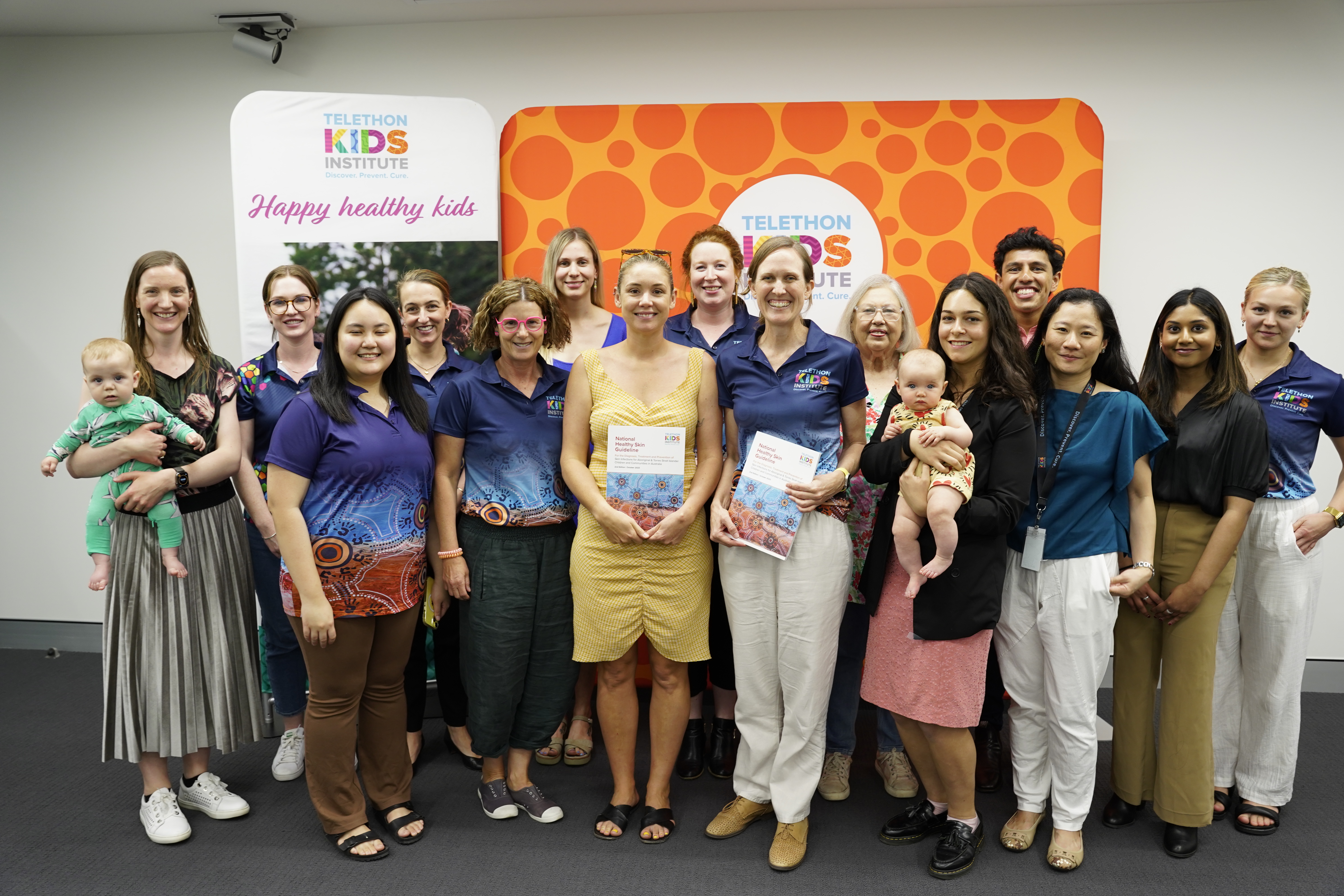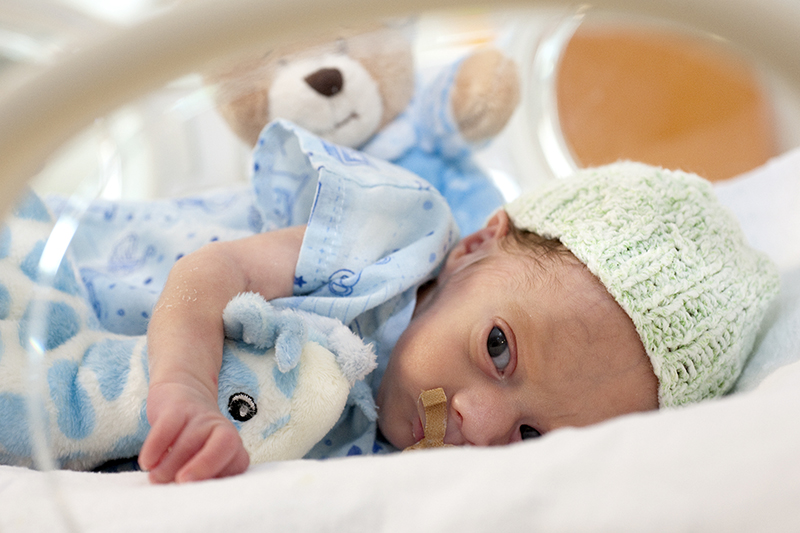Search

News & Events
New healthy skin guide for health sector to identify and treat skin issuesA new National Healthy Skin Guideline has been launched by The Kids Research Institute Australia, to help health care providers identify, diagnose and treat a range of skin conditions experienced by Aboriginal and Torres Strait Islander people in urban and remote areas.

News & Events
Study confirms maternal whooping cough vaccine protects babies at critical ageA The Kids Research Institute Australia and Curtin University-led study has found the maternal whooping cough vaccine given to pregnant mothers in the second or third trimester significantly reduced babies’ risk of infection, protecting them at their most vulnerable age.


News & Events
Researchers share their expertise with the community in CockburnResearchers from the Wesfarmers Centre of Vaccines and Infectious Diseases at The Kids Research Institute Australia have shared their expertise with the community in Cockburn, covering topics ranging from respiratory disease in babies to recurring ear infections in kids.
Research
Rare cause of scalp swelling in an infantChristopher Blyth MBBS (Hons) DCH FRACP FRCPA PhD Centre Head, Wesfarmers Centre of Vaccines and Infectious Diseases; Co-Head, Infectious Diseases
Research
Targeting host-microbial interactions to develop otitis media therapiesOtitis media (OM; middle ear infection) is the most common reason for pre-school children to visit a doctor, be prescribed antimicrobials, or undergo surgery. Recent Cochrane reviews of clinical trials have identified that antibiotics and grommet surgery are only moderately effective in treating OM, with recurrent or persistent infection observed in one-third of children. Research efforts are focusing on developing improved therapies to treat OM and prevent disease recurrence.
Research
Coronavax: preparing community and government for COVID-19 vaccination: a research protocol for a mixed methods social research projectAhead of the implementation of a COVID-19 vaccination programme, the interdisciplinary Coronavax research team developed a multicomponent mixed methods project to support successful roll-out of the COVID-19 vaccine in Western Australia. This project seeks to analyse community attitudes about COVID-19 vaccination, vaccine access and information needs. We also study how government incorporates research findings into the vaccination programme.
Research
A Meta-analysis on the Role of Children in Severe Acute Respiratory Syndrome Coronavirus 2 in Household Transmission ClustersThe role of children in the spread of severe acute respiratory syndrome coronavirus 2 (SARS-CoV-2) remains highly controversial. To address this issue, we performed a meta-analysis of the published literature on household SARS-CoV-2 transmission clusters (n = 213 from 12 countries). Only 8 (3.8%) transmission clusters were identified as having a pediatric index case.
Research
An update on the burden of group A streptococcal diseases in Australia and vaccine developmentAsha Jeffrey Bowen Cannon BA MBBS DCH FRACP PhD GAICD FAHMS OAM BSc(Hons) BBus PhD Head, Healthy Skin and ARF Prevention Health Economist
Research
Lessons learnt during the COVID-19 pandemic: Why Australian schools should be prioritised to stay openIn 2020, school and early childhood educational centre (ECEC) closures affected over 1.5 billion school-aged children globally as part of the COVID-19 pandemic response. Attendance at school and access to ECEC is critical to a child's learning, well-being and health. School closures increase inequities by disproportionately affecting vulnerable children. Here, we summarise the role of children and adolescents in Severe Acute Respiratory Syndrome Coronavirus 2 (SARS-CoV-2) transmission and that of schools and ECECs in community transmission and describe the Australian experience.
